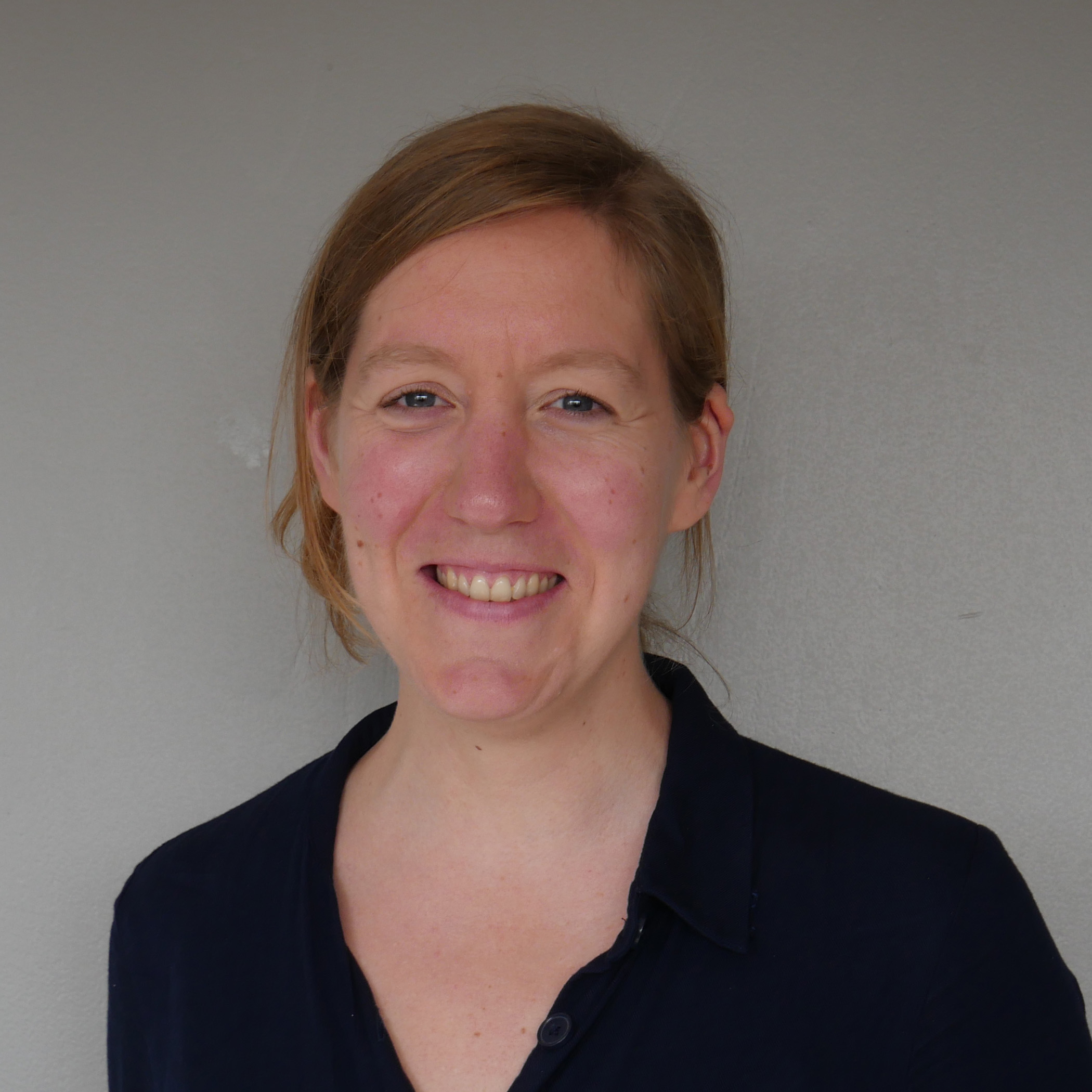
The question of ‘what to eat’ can be a tough one. I previously wrote a blog about why – for many of us – food can be quite a sensitive topic. In short, food choices can be seen to reflect what’s important for us, and the illusion of full control over our diet can cause shame when we make unhealthy choices. On top of that, the media is full of mixed messages regarding what to eat (and what not to eat), oftentimes coming from scientists. With so much research going on, you might think: “why can’t you scientists just tell me what to eat?!” Well, it’s not that simple. Today I will dive deeper into some of the complexities of nutritional science.
Complex behaviour
First of all, diet refers to a very complex set of very complex behaviours. Diet alludes to the products we eat, but also to how these products have been prepared, how much of them we eat, and how often we eat them. It makes a difference when we eat those products, how we combine them, and even where and with whom we eat them. Thus, to study the effects of diet, all of these factors should be taken into account. On top of that, dietary choices are not independent of one another. For example, people who frequently eat potato chips are more likely to also frequently drink soft drinks. Then, if scientists were to find that potato chips increase the risk of cancer, it is hard to tell whether it was the potato chips or the soft drinks contributing to the risk of cancer.
Questionnaires and underreporting
To measure dietary habits, scientists are inclined to use questionnaires. These questionnaires are often extremely lengthy, as they should ideally contain all the different foods and drinks that people may consume. It is only natural that, after a few pages, people start to lose attention. The accuracy of their reporting may drop, and they might give up on the questionnaire altogether. But even for those who are highly motivated to complete the questionnaire, reporting on one’s diet can be a challenge. Do you remember exactly what you ate this past week? And if you do remember, are you really going to report everything, including that large chunk of chocolate you wish you hadn’t eaten? In practice, people tend to underreport their dietary intake, especially their intake of unhealthy foods, for various reasons. Underreporting is a normal and understandable phenomenon, but it does make life slightly more complicated for nutritional scientists.
Long-term effects
With the exception of allergic reactions and food poisoning, the effects of diet usually do not become apparent immediately. Most lifestyle-related illnesses such as obesity and cardiovascular disease develop over many years. Therefore, to establish that certain foods contribute to these illnesses, we need to follow-up on people for very long periods of time. Scientists thus need to be patient. Scientific experiments, in which people are randomly assigned to one of two conditions, are not suitable at this time-scale. After all, scientists cannot instruct people to eat chocolate daily, or to eat no chocolate at all, for multiple years in a row. Scientists have needed to come up with creative solutions and advanced statistical methods to address these challenges.
Hypes and trends
Nutritional science has not been around forever. In fact, modern nutritional science is surprisingly young. The first vitamin, for instance, was isolated and chemically defined only in 1926, i.e. less than 100 years ago. Most of what we now know about the importance of a healthy diet to prevent diseases such as diabetes has in fact only been discovered in the 21st century.[1] The field of nutritional psychiatry (investigating the role of diet in mental health and mental illness) is even younger. Young and rapidly developing scientific fields come with hypes and trends. Many of these trends will pass, like waves in the ocean. Other discoveries, however, will turn out to be very important. It can be difficult to see the difference, even for scientists.
Scientists are people too
As a final challenge in nutritional science, I would like to point out that scientists are people too. Nutritional scientists themselves also need to eat, may strongly believe in the health benefits of certain dietary patterns or products, and come across the same mixed messages in the media. I myself, for instance, have been a vegetarian for over 20 years. As I feel quite strongly about (not) eating meat, I try not to make scientific statements about the health effects of vegetarian or meat-based diets. While science aims to be as objective as possible, biases cannot be fully eliminated. Acknowledgement of our weak spots, biases, personal interests and ties with industry or interest groups is crucial.
References:
- Mozaffarian D, Rosenberg I & Uauy R. History of modern nutrition science-implications for current research, dietary guidelines, and food policy. BMJ 2018, 361. doi: 10.1136/bmj.k2392
